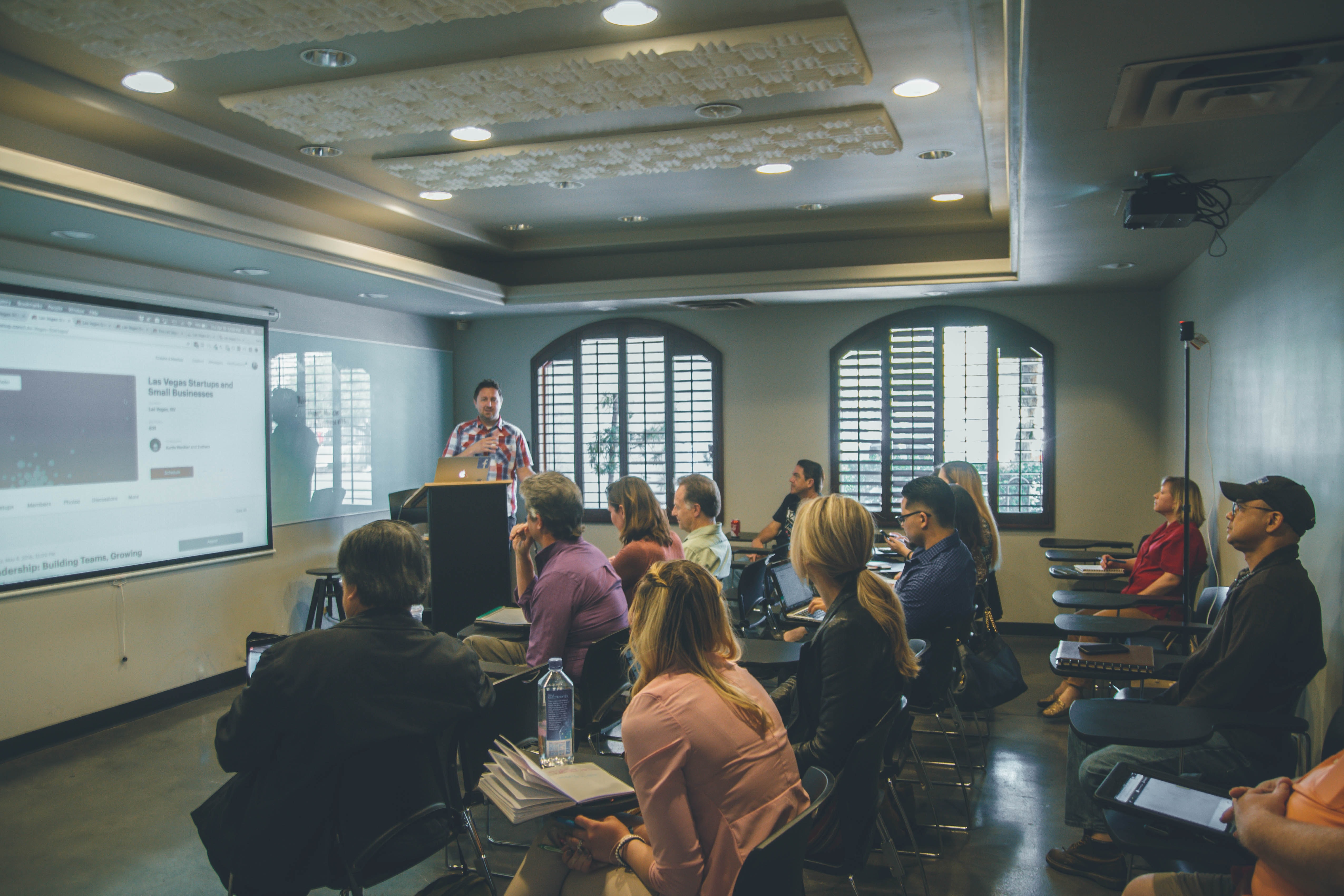Teaching Statement

Psychology is considered one of the youngest empirical sciences and yet it has unavoidably shaped modern understanding of the human mind and behavior. I believe that teaching the science of psychology provides students with a better understanding of themselves as a human being as well as a greater appreciation for humanity. My current teaching qualifications are introductory psychology and abnormal psychology. Here, I will discuss the basis for my teaching philosophy, the concepts that I incorporate into my teaching style, and the strategies that I use to ensure that my students leave the classroom with helpful and practical knowledge that they can use years down the line.
The basis of my teaching philosophy is rooted in curiosity and open-mindedness. Before I was introduced to the science of psychology in high school, my worldview was limited to uncontested ideas taught by authority figures and shaped by my bi-cultural but narrow environment. I didn’t question my surroundings or even my own behavior. Now, my ability to question my own experiences, to yearn for alternative ideas, and to hold dichotomous opinions as simultaneously true are all in part due to what I was exposed to in AP Psychology in high school. Being encouraged to broaden my horizons beyond the small community around me allowed me to gain a new sense of wonder about the world. I learned that truth is dependent on who you ask. As a teacher, I will employ open-ended writing exercises, Socratic questioning, and group discussion activities to facilitate this process in my students. The gleam of curiosity that I had in my eyes and the willingness to put my biases aside for greater knowledge are things that I wish to recreate for those who walk into my classroom.
I hope to instill empathy in my students. According to humanistic psychologists like Abraham Maslow and Carl Rogers, self-growth is facilitated by a supportive environment that is accepting, open, and empathic. I want to create this supportive environment in class so that my students are provided a safe environment to grow and self-actualize. In addition, I strive to use a growth mindset in my interactions with my students. Instead of focusing on their weaknesses, I reframe that as a learning opportunity. Instead of invalidating their faulty studying strategies, I validate their hard work and effort, which helps increase self-confidence and motivation. Helping students develop a growth mindset, rather than a fixed mindset, allows them to rise above their mistakes and improve their skills through effort. Ways of fostering growth mindset include pre-post testing, ungraded in-class quizzes, and brief writing exercises. My ultimate goal is to have students grow from this learning environment and then bring empathy to other spheres of their lives.
I teach with an emphasis on cultural awareness and cultural humility. It is often too easy to feel comfortable in our own lived experiences with little motivation to listen to the valid experiences of others. At Georgia State University, our students come from a variety of cultural backgrounds. Furthermore, the intersection of these identities in the classroom provides organic opportunities to broaden individual worldviews. Bringing awareness to human differences, but also the abundance of similarities we share with other humans, is something I strive to weave into my courses. Ultimately, increasing cultural humility ensures that my students are prepared to thrive in a modern world where globalization and cultural exchange are the norm.
Finally, I aspire to make my courses as applicable and relatable as possible. For many of us, it is easier to develop an emotional attachment to something we can see or touch rather than an intangible construct. Ensuring that concepts taught in my classroom are always tied to something human-- something that we can intimately connect with-- allows my students to retain concepts better and perform better on graded assessments. One strategy is to incorporate examples from pop culture and current events to illustrate concepts that might feel “dated.” Another strategy is to show videos, use self-disclosure, and invite guest speakers to class to enhance interpersonal connection and to demonstrate how ideas learned in class can be applied to the world around us. In addition, course assessments that emphasize critical thinking (e.g. reflection essays) and applied knowledge (e.g. case studies) will help my students tie things learned in lecture to daily life. Overall, my hope is that my students will embrace their curiosity about the human mind and behavior to help shape their own futures.